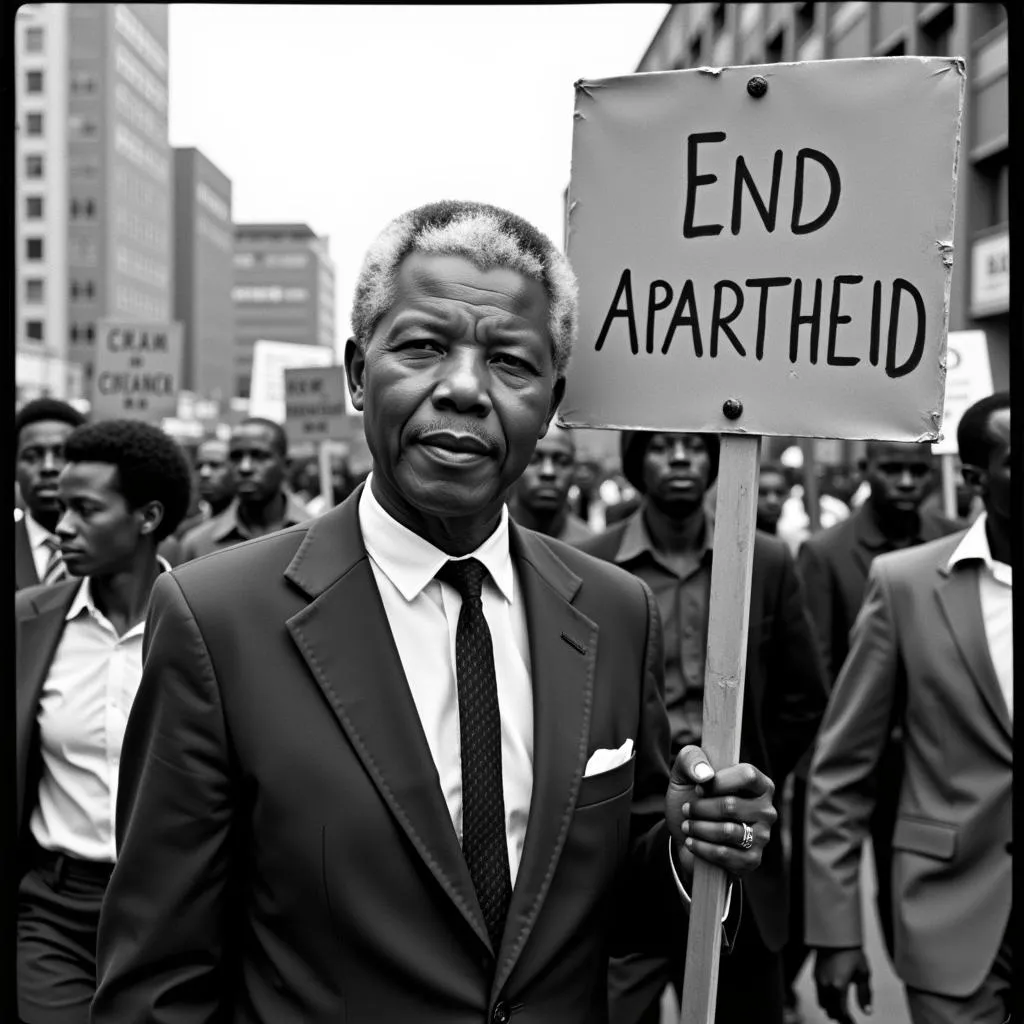African Countries and Capital Cities: A Comprehensive Guide
Africa, a continent of vibrant cultures and breathtaking landscapes, is home to 54 recognized sovereign states, each with its own unique capital city. This guide will explore the diverse tapestry of African Countries And Capital Cities, offering insights into their history, significance, and modern development.
Exploring the Capitals of North Africa
North Africa, a region heavily influenced by Arabic and Berber cultures, boasts captivating capital cities like Rabat, Morocco, a bustling metropolis with a rich history and stunning architecture. Cairo, Egypt, one of Africa’s largest cities, stands as a testament to ancient civilizations with its iconic pyramids and bustling markets. Tunis, Tunisia, a coastal city steeped in history, offers a blend of ancient ruins and modern amenities. Algiers, Algeria, another coastal capital, is a major port city with a vibrant cultural scene.
Delving into West Africa’s Capitals
West Africa, a region known for its diverse ethnic groups and vibrant traditions, presents a fascinating array of capital cities. Accra, Ghana, a bustling economic hub, showcases the country’s rich cultural heritage. Abuja, Nigeria, a planned city, reflects the nation’s modern aspirations. Dakar, Senegal, a vibrant coastal city, is a center for art, music, and culture.
What makes these West African capitals unique? Each city offers a different perspective on West African Life, from the bustling markets of Accra to the modern architecture of Abuja.
african countries and their capital cities
Discovering the Heart of Africa: Central African Capitals
Central Africa, characterized by its dense rainforests and diverse wildlife, houses capital cities that often serve as vital administrative and economic centers. Yaoundé, Cameroon, nestled in the highlands, is known for its colonial architecture and vibrant markets. Kinshasa, the Democratic Republic of Congo, a sprawling metropolis, stands as a testament to the country’s rich natural resources.
Why are Central African capital cities important? They play a crucial role in connecting remote regions to the rest of the world, facilitating trade and communication.
10 african countries and their capital
Exploring the Capitals of East Africa
East Africa, a region known for its stunning landscapes and wildlife, offers a unique blend of natural beauty and urban development. Nairobi, Kenya, a vibrant and cosmopolitan city, serves as a major hub for business and tourism. Addis Ababa, Ethiopia, a historic city, stands as a symbol of African independence and diplomacy. Kampala, Uganda, a bustling city located on the shores of Lake Victoria, reflects the country’s rich cultural heritage.
How have East African capitals evolved? Many of these cities have undergone significant transformations in recent years, embracing modern infrastructure and becoming centers for innovation and growth.
african development bank morocco
Unveiling the Capitals of Southern Africa
Southern Africa, a region known for its diverse cultures and stunning natural beauty, is home to a number of important capital cities. Pretoria, South Africa, a city with a rich history, serves as the administrative capital. Cape Town, South Africa, another prominent city, is known for its stunning scenery and vibrant cultural scene. Gaborone, Botswana, a modern city, reflects the country’s economic prosperity.
Which Southern African capital is right for you to visit? Each city offers a different experience, from the historical significance of Pretoria to the natural beauty of Cape Town.
african countries in geographical order
Expert Insight: Dr. Anika Olumide, a renowned African historian, notes, “African capital cities are not just centers of government; they are vibrant hubs of culture, commerce, and innovation, each reflecting the unique spirit of its nation.”
Conclusion
African countries and capital cities offer a diverse and fascinating glimpse into a continent rich in history, culture, and potential. From the ancient cities of North Africa to the modern metropolises of the south, each capital tells a unique story of resilience, growth, and cultural richness. Exploring these cities provides a deeper understanding of Africa’s vibrant present and promising future.
FAQ
-
How many countries are in Africa?
There are 54 recognized sovereign states in Africa. -
What is the largest capital city in Africa?
Cairo, Egypt, is generally considered the largest capital city in Africa by population. -
Which African capital is known as the “City of a Thousand Hills”?
Kigali, Rwanda. -
What is the oldest capital city in Africa?
There is some debate, but some scholars believe Luxor, Egypt (ancient Thebes) is one of the oldest continuously inhabited capital cities in Africa. -
Which African capital is known for its jacaranda trees?
Pretoria, South Africa.
Common Scenarios
- Planning a trip to Africa: Knowing the capital cities is crucial for planning travel itineraries and understanding the geographical layout of the continent.
- Learning about African history and culture: Capital cities often serve as repositories of cultural heritage and historical significance.
- Conducting business in Africa: Understanding the location and importance of capital cities is essential for navigating the business landscape in Africa.
Further Exploration
- Explore individual country profiles for more detailed information.
- Research the history and cultural heritage of specific capital cities.
- Investigate investment opportunities and economic development in African countries.
If you need further assistance, please contact us at Phone Number: +255768904061, Email: [email protected], or visit our office at Mbarali DC Mawindi, Kangaga, Tanzania. We have a 24/7 customer service team.



